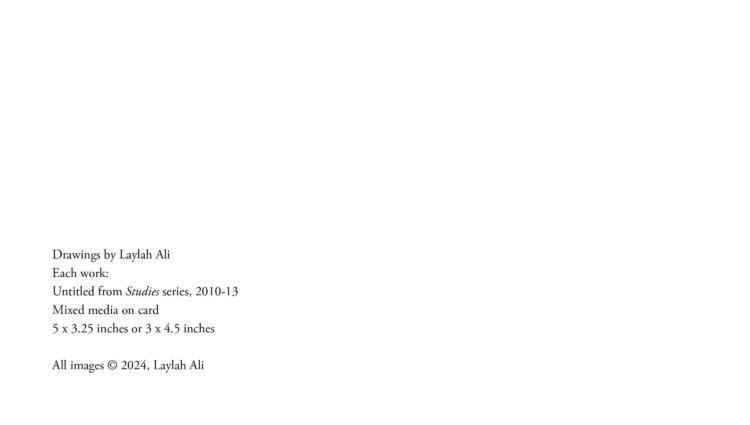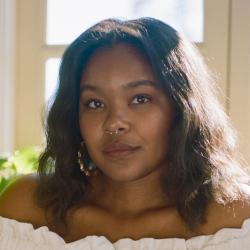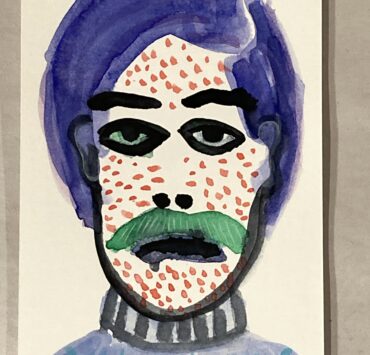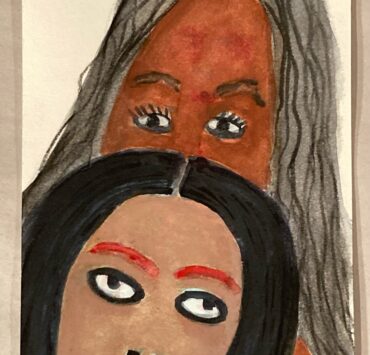
My aunt was the director of the children’s choir and responsible for doling out solos. She assigned me, I Know It Was The Blood, a hymn we did monthly at communion. Back then, I retreated whenever I had to hold a mention of crucifixion in my mouth. Singing about bleeding felt unwise to me, like a wish to be brutalized or empty.
We rehearsed for hours, practice often touching the evenings, making me late for Degrassi, which began with a recap of the previous episode at the top of the hour. The montage served to remind me who amongst the cast had fallen pregnant, wrong, or ill. Without those segments, it was impossible to tell one character’s psychic wounds from the next. Without recap, riskiness is everywhere. Everyone has it.
All week, the hymn repeated in me, even when I wasn’t singing it. My head, alive with blood king, blood cross, blood mumblin’, blood tomb, then soon my sensitivity wandered off completely, refusing to be recalled or bothered. So I was good with bleeding, respecting it as admonition, as the body’s means of telling a truth. Bleeding, how the body keeps its contract with honesty.
The morning of my debut, we rose early for a final run-through. Birds exorcized their nervous systems on the sill. The dryer, inhabited by house shoes, mimicked the sound of assault. I sang. But when my aunt slid the lid over the Yamaha keys and ushered me out the house, I admitted I didn’t want to sing it anymore. I’m too afraid to sing it anymore.
The bulb in my aunt’s face, a watt beyond brilliance. That’s how beautiful she looked, keeping her contract with honesty. You’re
not afraid of singing. You’re afraid of your singing being heard. And if you’re afraid of someone hearing you, you’re just afraid of being alive. Don’t you know life comes with singing, speaking, breathing? Don’t you know all of it puts you at risk of being heard?
And I wrestled with this idea for many years, until I made a contract to never wrestle with ideas. Yes, it’s impossible to be afraid of singing. My fear is a fear of the lifelong audience, an obvious fear for someone born to witness the risk of being witnessed.


Courtney Faye Taylor is a writer, visual artist, and the author of Concentrate (Graywolf Press, 2022). The collection was awarded the T.S. Eliot Four Quartets Prize, the Hurston/Wright Legacy Award, the Cave Canem Poetry Prize and was named a finalist for the NAACP Image Awards, the Lambda Literary Awards, and other honors. Courtney lives in Atlanta, Georgia.






